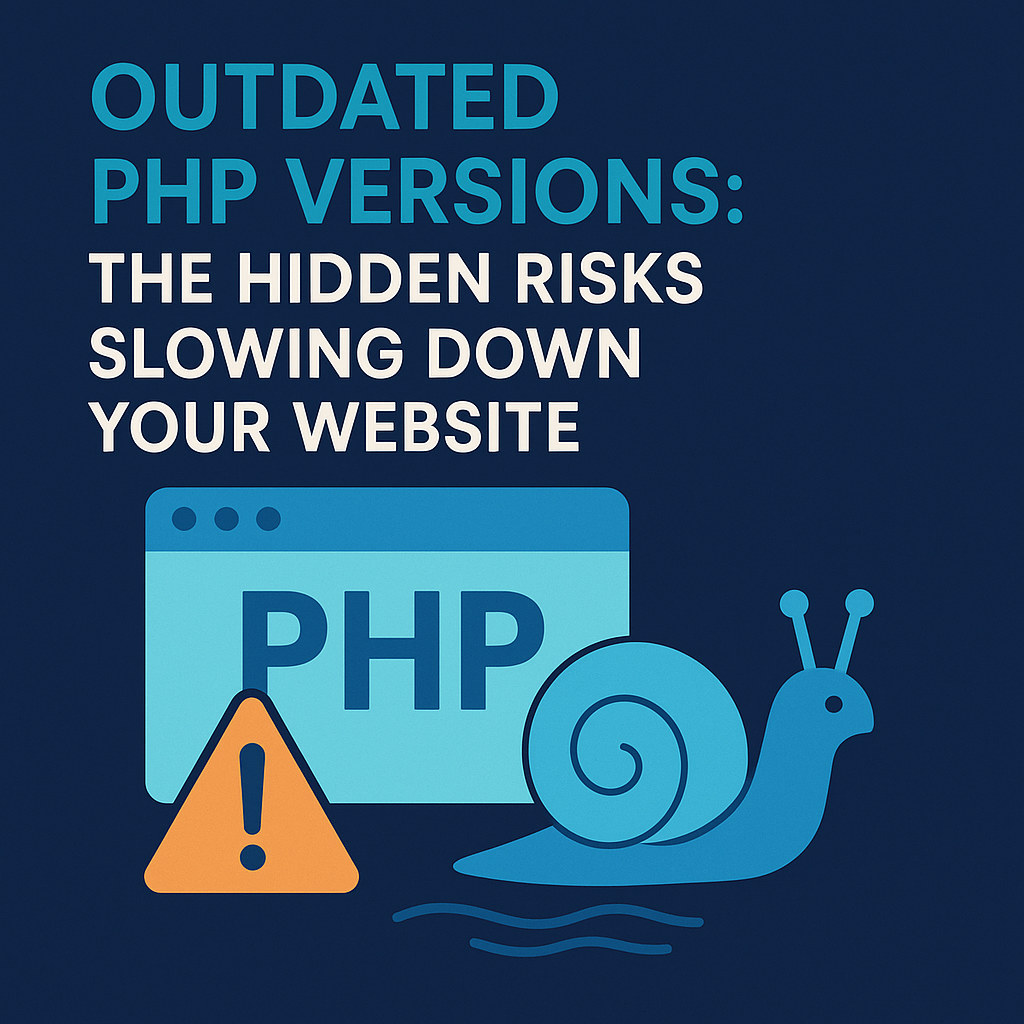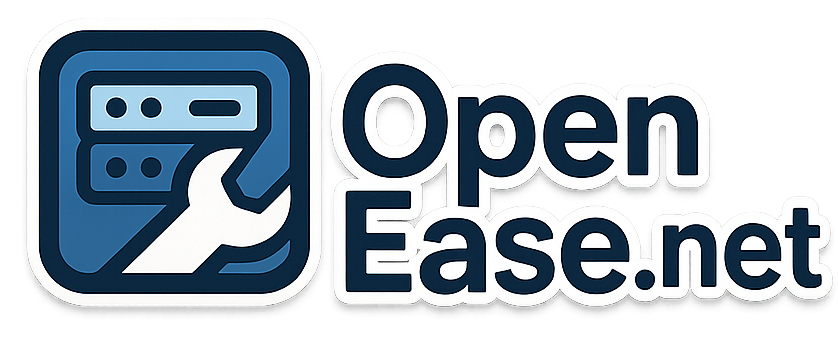
Is your website still running on an old version of PHP? If so, you’re not alone – and that’s a big problem. PHP is the engine that powers platforms like WordPress, Drupal, and PrestaShop. Yet over half of WordPress sites use PHP 7.4 or older, with 85% on unsupported versions. Using an outdated PHP version is like driving on old tires: it might still roll, but you’re risking a blowout at any moment.
This post explains why sticking with an old PHP version hurts your security and speed, and how to upgrade smoothly.
Why an Outdated PHP Version Is Dangerous
No security updates. Unsupported PHP versions don’t receive patches. That means known vulnerabilities remain open. For example, PHP 7.4 stopped receiving security updates in 2022. Hackers know this and actively exploit old installations.
There have been hundreds of documented PHP vulnerabilities. If your site runs an outdated version, it’s exposed.
Future breakage. Modern plugins and CMS updates expect current PHP versions. Old versions can cause compatibility issues. Avoiding updates only delays the risk. WordPress officially recommends PHP 7.4 or higher, and support for older versions has ended.
Slow Site? Old PHP Might Be Part of the Problem
Each PHP version improves speed and memory usage. Benchmarks show PHP 8 is significantly faster than 7.4 and 5.6. One upgrade can cut backend load times by 50% or more.
This matters: Google reports that 53% of mobile users abandon a site that takes more than 3 seconds to load. A faster PHP engine helps deliver better user experience and SEO rankings.
Why So Many Sites Lag Behind
- Lack of awareness: Many don’t know what PHP version powers their site.
- Fear of breakage: Updating can cause errors if old plugins/themes rely on deprecated functions.
- Host limitations: Some budget hosts still offer only PHP 7.4 or earlier.
- “If it ain’t broke…” mindset: Many delay until something breaks or a security incident forces action.
According to WordPress usage stats, a majority of active installs run outdated PHP versions – despite repeated community calls to upgrade.
How to Check and Upgrade PHP
- Check your version: In WordPress, go to Tools → Site Health → Info. Look under Server. Or ask your hosting provider.
- Update your CMS and plugins: This ensures compatibility with newer PHP versions.
- Make a backup: Always back up your site and database before upgrading.
- Use staging: If possible, test on a staging copy first.
- Change PHP version: Use your host’s control panel (e.g., cPanel, Plesk) to switch to PHP 8.1 or 8.2.
- Test and fix: Browse your site, check forms, and resolve any plugin/theme errors.
Need Help?
If you’re unsure how to proceed, OpenEase offers support and hosting services to help migrate, fix, or maintain your site safely.
Our hosting and management package includes PHP upgrades, plugin updates, and compatibility testing — so your site runs fast, secure, and worry-free.
Conclusion: One Simple Fix for Speed and Safety
Updating your PHP version is one of the most impactful things you can do for your website. It improves performance, security, and compatibility. If you’ve been putting it off, now is the time. The longer you wait, the more likely your site will become a target—or break when you least expect it.
Need help moving to PHP 8+? Contact us at OpenEase — we’re here to keep your site running strong.
Related reading: Digital Hygiene for Small Business | Website Maintenance Services

Leave a Reply